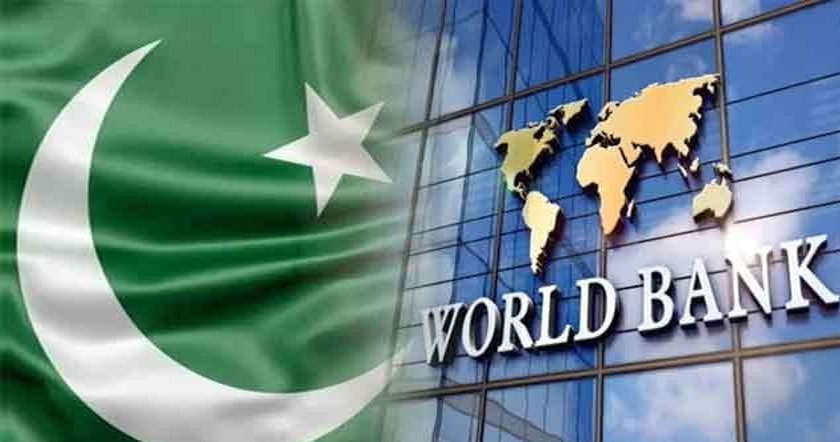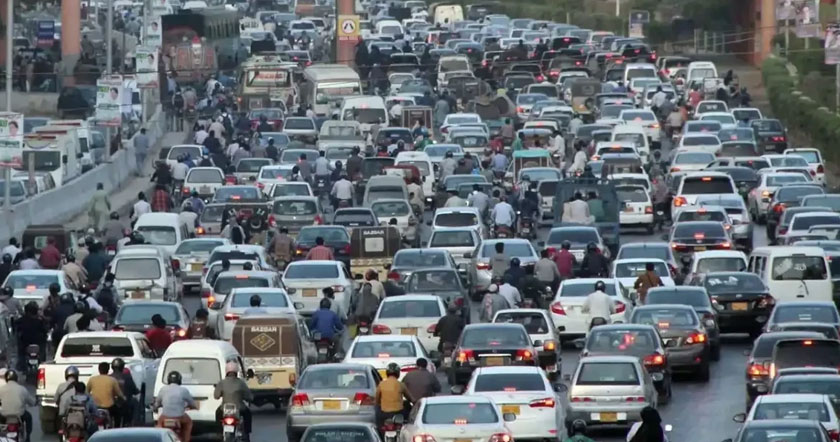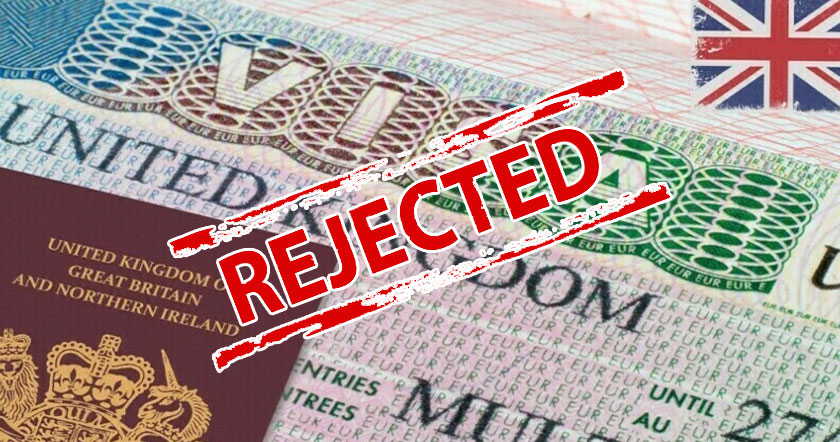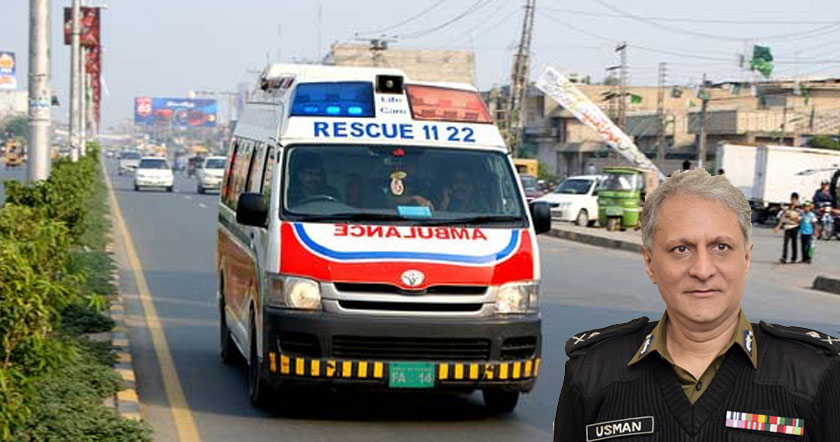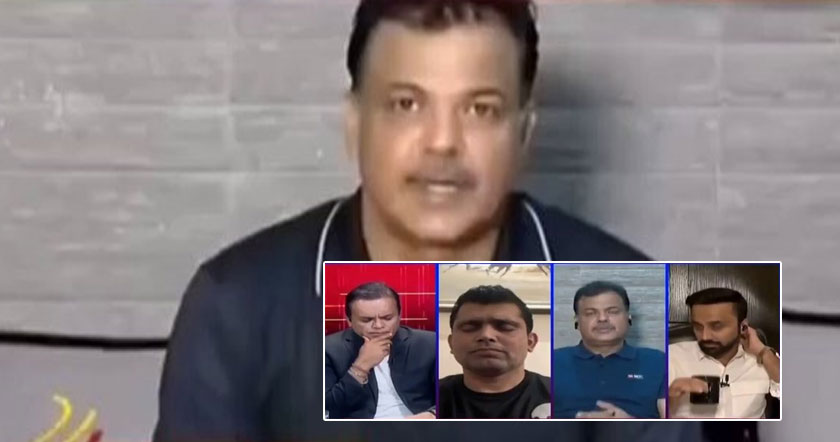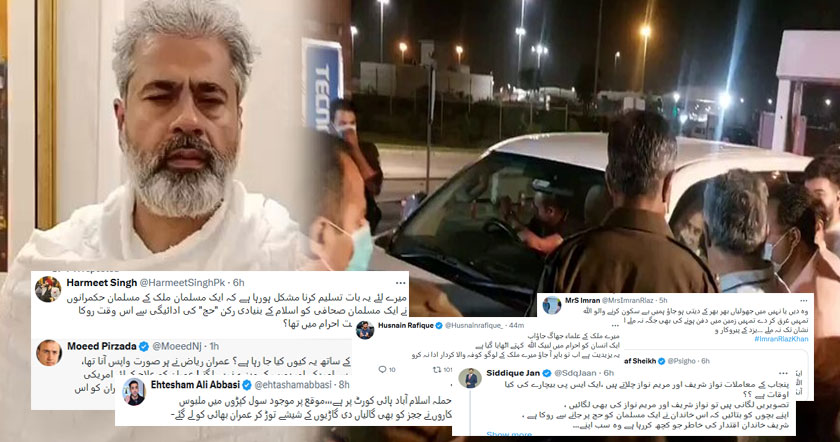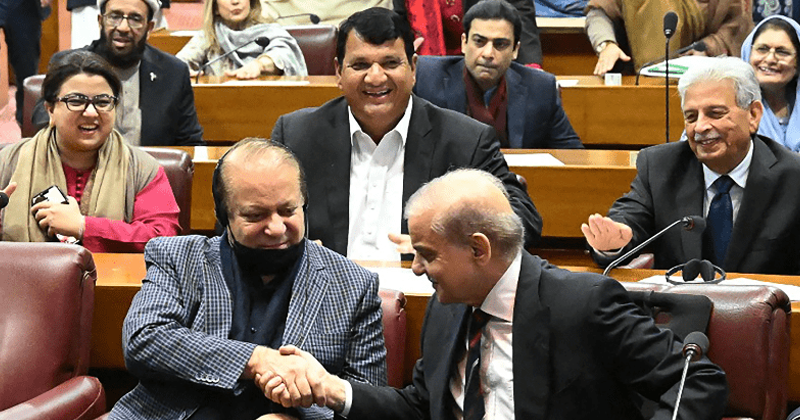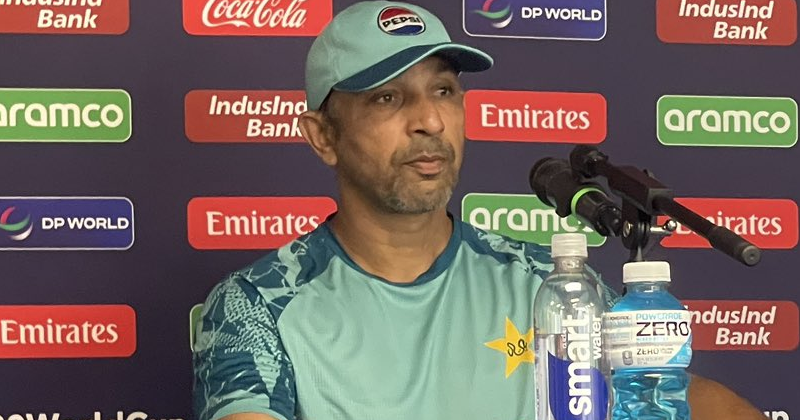After pakistan, middle-east, turkey & now iran unrest..
Ahmadinejad row with Khamenei intensifies...
Iranian president said to be considering resignation after intelligence chief he fired was reinstated by supreme leader.
Last Modified: 06 May 2011 14:38
A political dispute between Mahmoud Ahmadinejad, the Iranian president, and Ayatollah Ali Khamenei, the country's supreme leader is reported to have intensified.
Ahmadinejad is said to be contemplating resigning after Heidar Moslehi, the intelligence minister he had sacked, was reinstated by Khamenei.
The president is understood to have shirked some of his duties and skipped cabinet meetings for the past ten days in anger over the decision.
Mehrdad Khonsari, an analyst with the Centre for Arab and Iranian Studies in London, told Al Jazeera on Friday that the dispute, which began last month, had become "serious".
"It shows the level of disunity at the very top of the Iranian [political] hierachy [with] Ahmadinejad having already polarised the internal political scene as a result of fraudulent election results that were announced more than 20 months ago," Khonsari said.
"He is now beginning to encroach on the powers and privileges vested in the supreme leader, and he and his constituency - mainly among the Revolutionary Guards - have tried to do this.
"And, of course, the supreme leader has tried to make a stand and in this stand he has been joined by many people from the ruling establishment who have been cast aside by Ahmadinejad."
Khonsari said that since the president came to power "powerful people like [Akbar Hashemi] Rasfanjani and ... [Mohammed] Khatami and many of the key reformers as well as the president of the current Council of Experts" have been sidelined.
"This is quite a standoff," he said. "Ahmadinejad, I think, at this particular time, has bitten more than he can chew and has been forced to essentially step back, but the fact [remains] that both he and the supreme leader are damaged as a result of this conflict."
Although speculation continues that Ahmadinejad may resign, Khonsari stopped short of hinting at the possibility of him quitting and instead said the dispute would lead to "further polarisation; further disunity [and] rivalry ... within a state structure that's already fractured".
'Grave economic issues'
Al Jazeera's Dorsa Jabari in Tehran quoted an MP as saying that Ahmadinejad had asked the supreme leader to step down as he insists he cannot work with the intelligence minister.
Khonsari said upheavals in some Middle Eastern countries could spread to Iran if the rift continued.
"You have to bear in mind that what we're witnessing in the Middle East it all started with events in Iran some 20 months ago and Iran is not immune from the global cts from what we're witnessing as a result of this Arab awakening," he said.
"Peple in Iran are conscious there are grave economic issues; grave foreign policy issues confronting the Ahmadinejad government and the last thing he needs is to be in disarray with the supreme leader in a fight over a situation that's totally impervious to the wishes and aspirations of the general majority.
"There's no question in the minds of Iranians that this is going to be a very hot summer coming up."
The supreme leader wields more power than the president and appoints military leaders and the council that passes laws.
The dispute has led to the arrest of several close allies of the president, including Esfandiar Rahim Mashaei, the chief of staff.
Mashaei and others arrested have been accused of invoking djinns [spirits].
Ahmadinejad's administration has been dogged by allegations of a fraudulent election, which handed him a second four-year term in office in 2009.
The conduct of the vote led to protests which ended in a deadly crackdown and the detention of key opposition figures, including Mir Hossein Mousavi and Mehdi Karroubi.
Iran has also been hit by a wave of sanctions by the US and the European Union over its nuclear programme, which many Western states suspect is intended to make an atomic bomb.
Tehran says the programme seeks to develop nuclear energy for solely civilian use.
Source:
Al Jazeera
Ahmadinejad row with Khamenei intensifies...
Iranian president said to be considering resignation after intelligence chief he fired was reinstated by supreme leader.
Last Modified: 06 May 2011 14:38
A political dispute between Mahmoud Ahmadinejad, the Iranian president, and Ayatollah Ali Khamenei, the country's supreme leader is reported to have intensified.
Ahmadinejad is said to be contemplating resigning after Heidar Moslehi, the intelligence minister he had sacked, was reinstated by Khamenei.
The president is understood to have shirked some of his duties and skipped cabinet meetings for the past ten days in anger over the decision.
Mehrdad Khonsari, an analyst with the Centre for Arab and Iranian Studies in London, told Al Jazeera on Friday that the dispute, which began last month, had become "serious".
"It shows the level of disunity at the very top of the Iranian [political] hierachy [with] Ahmadinejad having already polarised the internal political scene as a result of fraudulent election results that were announced more than 20 months ago," Khonsari said.
"He is now beginning to encroach on the powers and privileges vested in the supreme leader, and he and his constituency - mainly among the Revolutionary Guards - have tried to do this.
"And, of course, the supreme leader has tried to make a stand and in this stand he has been joined by many people from the ruling establishment who have been cast aside by Ahmadinejad."
Khonsari said that since the president came to power "powerful people like [Akbar Hashemi] Rasfanjani and ... [Mohammed] Khatami and many of the key reformers as well as the president of the current Council of Experts" have been sidelined.
"This is quite a standoff," he said. "Ahmadinejad, I think, at this particular time, has bitten more than he can chew and has been forced to essentially step back, but the fact [remains] that both he and the supreme leader are damaged as a result of this conflict."
Although speculation continues that Ahmadinejad may resign, Khonsari stopped short of hinting at the possibility of him quitting and instead said the dispute would lead to "further polarisation; further disunity [and] rivalry ... within a state structure that's already fractured".
'Grave economic issues'
Al Jazeera's Dorsa Jabari in Tehran quoted an MP as saying that Ahmadinejad had asked the supreme leader to step down as he insists he cannot work with the intelligence minister.
Khonsari said upheavals in some Middle Eastern countries could spread to Iran if the rift continued.
"You have to bear in mind that what we're witnessing in the Middle East it all started with events in Iran some 20 months ago and Iran is not immune from the global cts from what we're witnessing as a result of this Arab awakening," he said.
"Peple in Iran are conscious there are grave economic issues; grave foreign policy issues confronting the Ahmadinejad government and the last thing he needs is to be in disarray with the supreme leader in a fight over a situation that's totally impervious to the wishes and aspirations of the general majority.
"There's no question in the minds of Iranians that this is going to be a very hot summer coming up."
The supreme leader wields more power than the president and appoints military leaders and the council that passes laws.
The dispute has led to the arrest of several close allies of the president, including Esfandiar Rahim Mashaei, the chief of staff.
Mashaei and others arrested have been accused of invoking djinns [spirits].
Ahmadinejad's administration has been dogged by allegations of a fraudulent election, which handed him a second four-year term in office in 2009.
The conduct of the vote led to protests which ended in a deadly crackdown and the detention of key opposition figures, including Mir Hossein Mousavi and Mehdi Karroubi.
Iran has also been hit by a wave of sanctions by the US and the European Union over its nuclear programme, which many Western states suspect is intended to make an atomic bomb.
Tehran says the programme seeks to develop nuclear energy for solely civilian use.
Source:
Al Jazeera



















